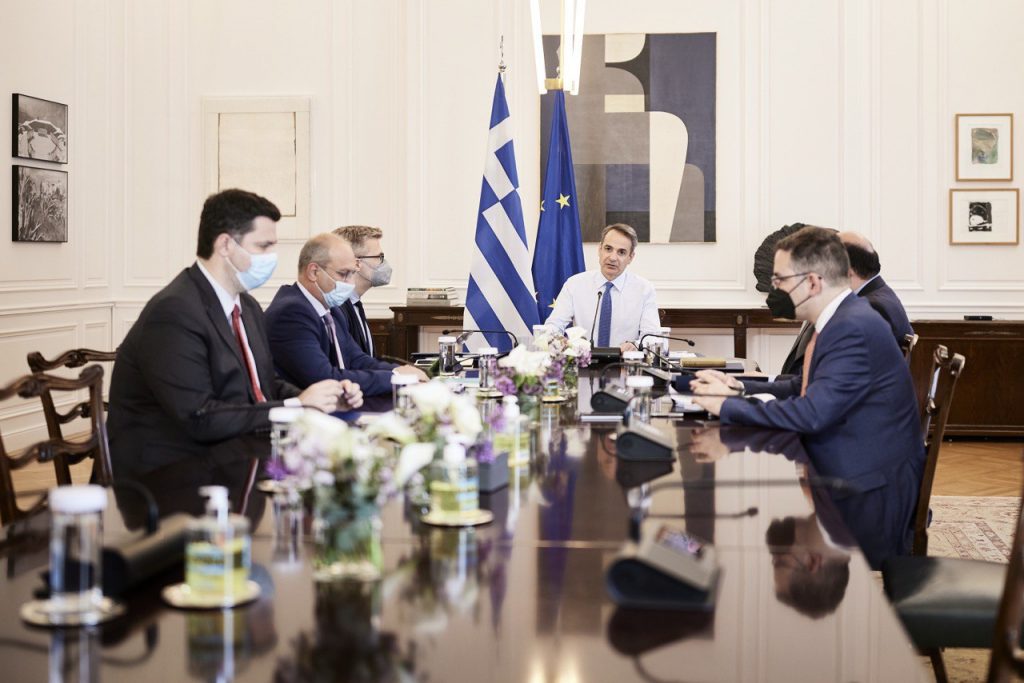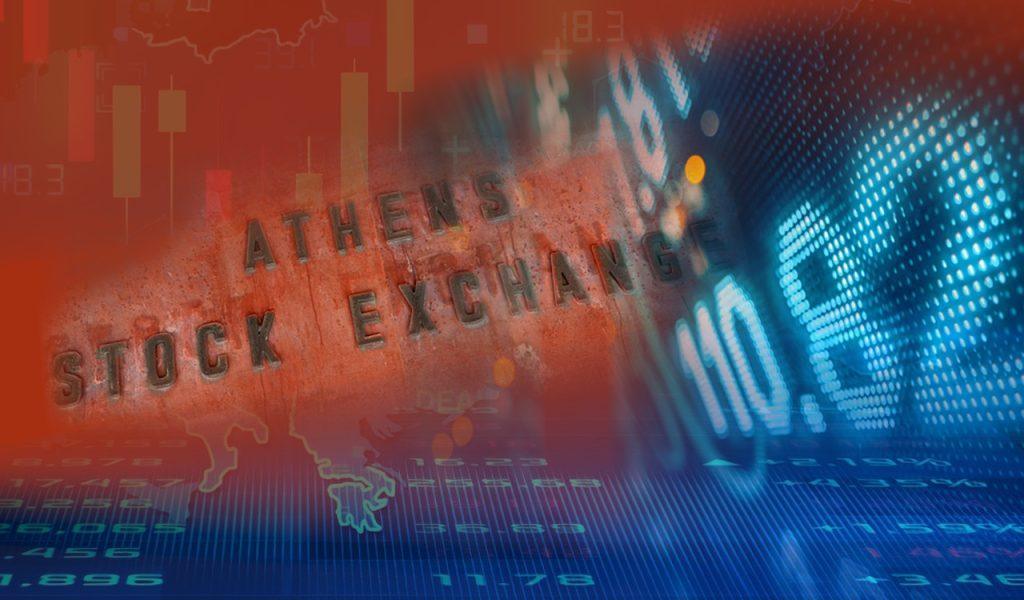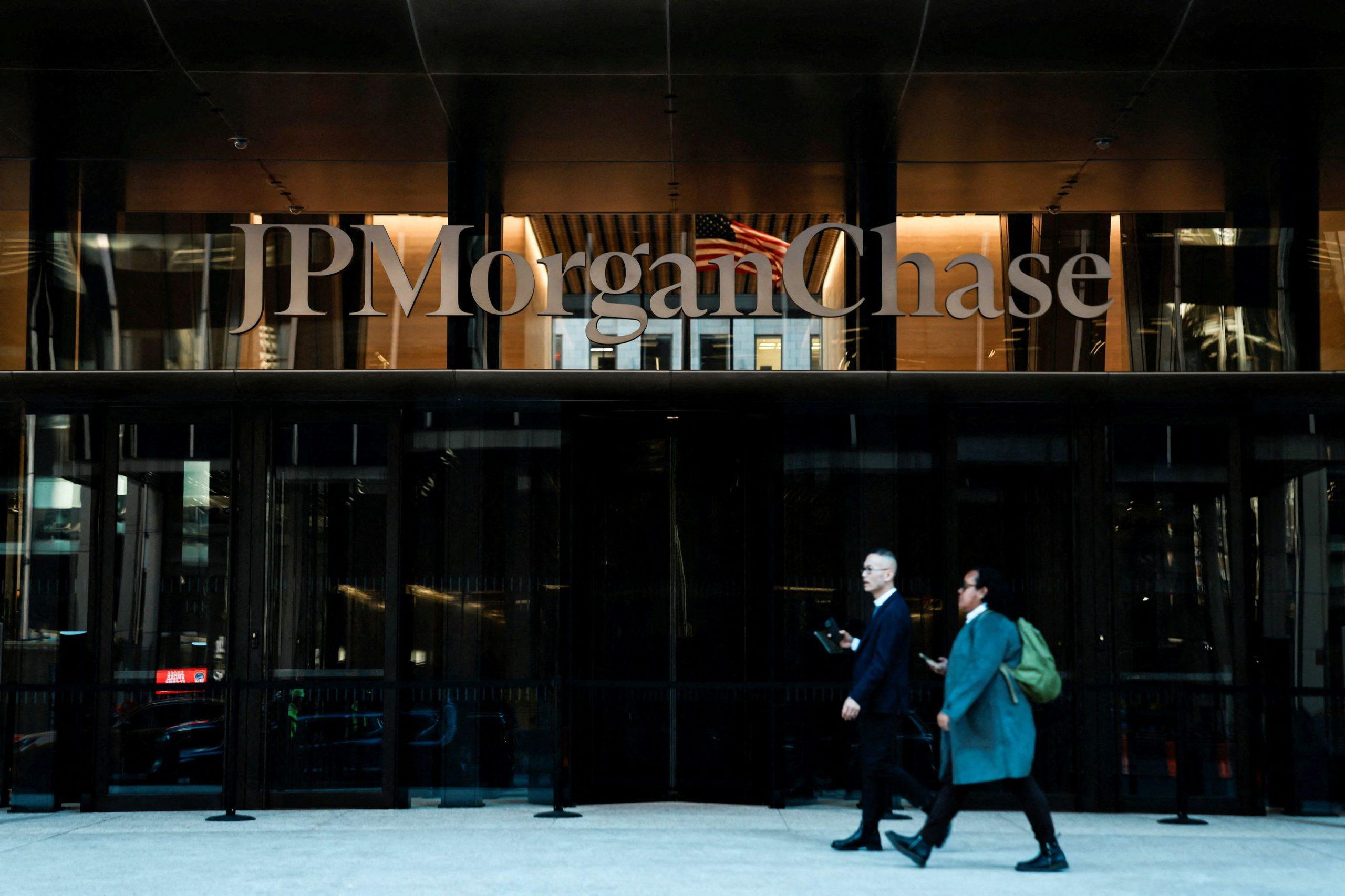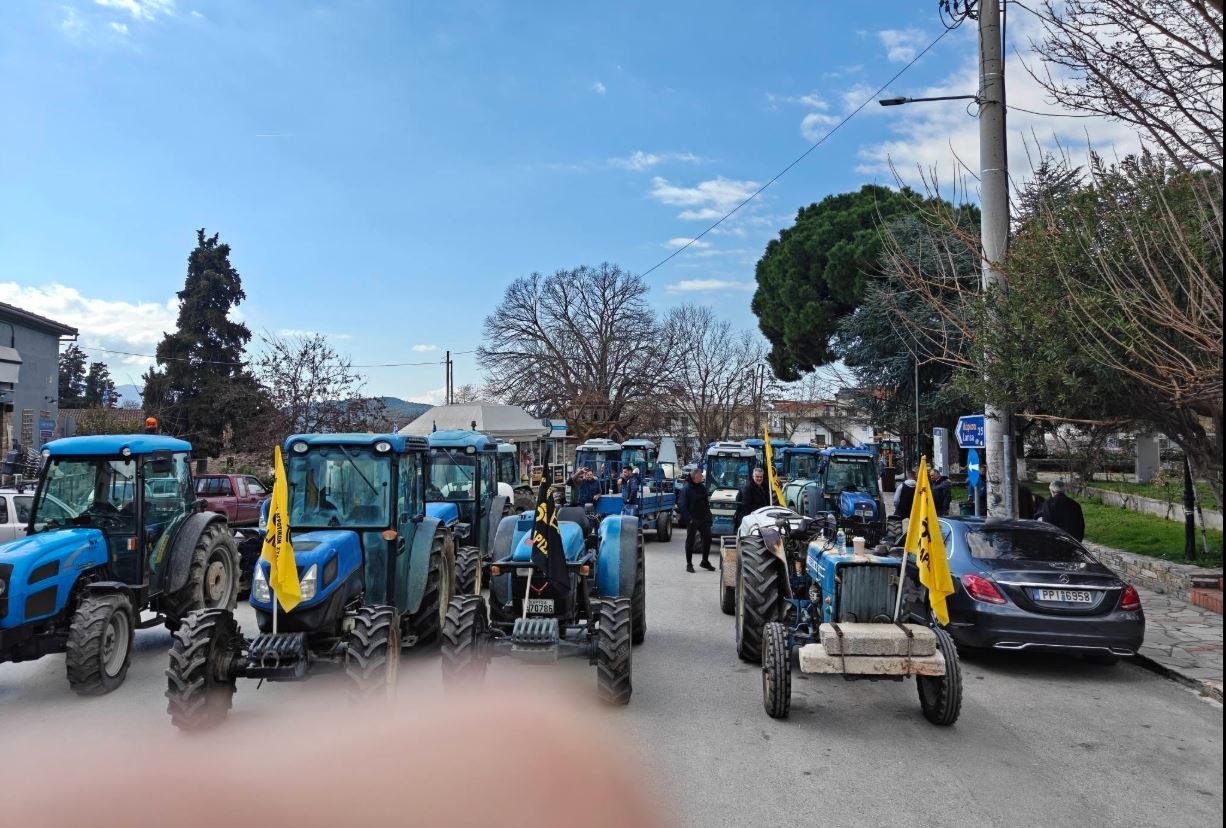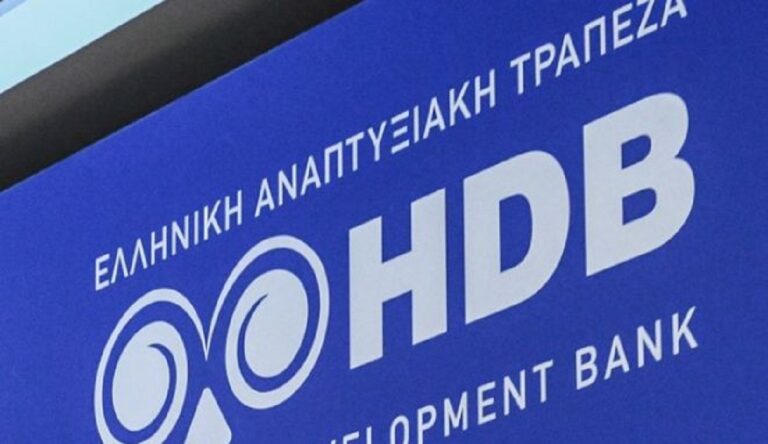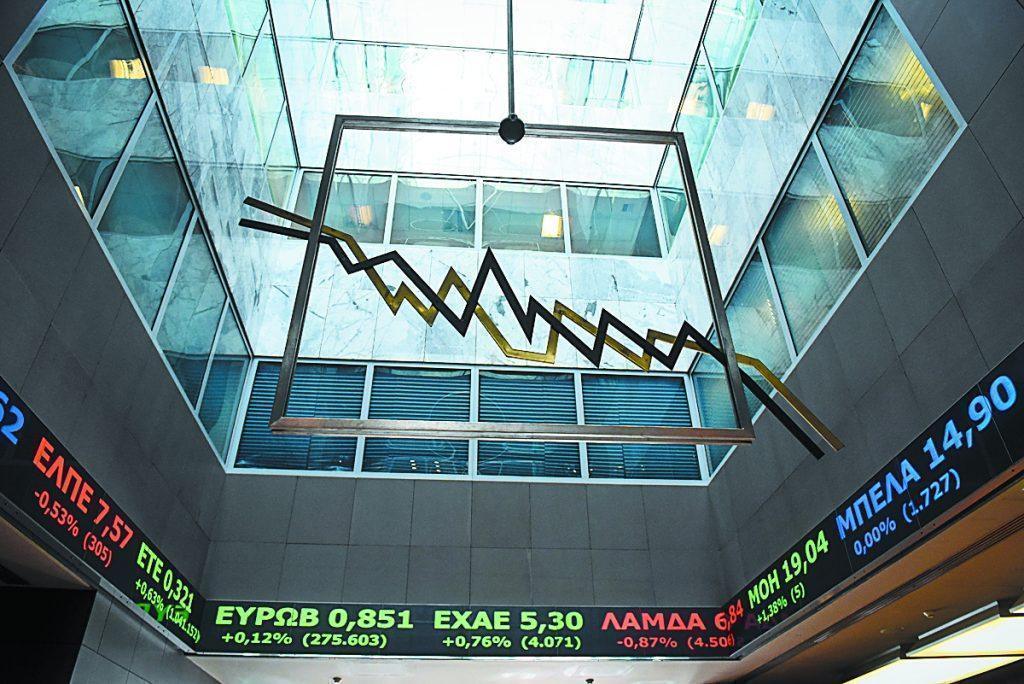The inflated electricity bills and the impasse of consumers and businesses lead to feverish processes and meetings at the Maximos Mansion in view of the national plan that it is preparing to deal with the energy crisis, as Kyriakos Mitsotakis announced during his introductory speech to the cabinet.
The government is oriented towards making announcements before the EU Summit in late May and, according to information, this was the subject of the meeting on Thursday at the Maximos Palace between the Prime Minister and the Minister of Energy in view of the Summit of the EU Energy Ministers, on Monday, in Brussels.
The introductory position of the prime minister in the cabinet
In our last digital meeting, because as the last restrictions of the pandemic are gradually lifted, the next Council of Ministers -after more than two years- will be held with the physical presence of its members.
Today, however, it is taking place in the shadow of the new Russian blackmails with gas sales as the tip of its spear. I do not have much to say. As far as we are concerned, only two comments: first, the country’s energy adequacy is fully guaranteed and second, the country’s gas supplies will be made in such a way as not to violate the sanctions imposed by the European Union on Russia. If necessary, we will then have a more detailed discussion with the intervention of the Minister of Energy.
It is well known that we are already assisting our friend and neighbor Bulgaria, while on Tuesday, together with other Balkan leaders, I will be in Alexandroupolis at the new Liquefied Gas storage and gasification terminal, a very important infrastructure project which, in combination with other initiatives, in less than 20 months will enable us to fully diversify our gas supply sources, not only in our country but also in the entire Balkan Peninsula.
Greece, therefore, is quickly and very methodically transformed into an energy hub of the region, but at the same time a strategic gateway for the entry of energy resources to Southeastern Europe as a whole.
The new national support program for the consequences of the war and the imported energy rally will also be announced very soon. I know very well that this imported inflation besieges households and businesses, while I have never stopped emphasizing that wages in our country, unfortunately, are still low, as a result of ten years of economic misadventures. It’s something we’re obviously worried about. That is why, in light of European decisions, we are developing and launching, as we have been doing for several months, our own national actions. And income support is our top priority.
From Monday – as we have already announced – the minimum wage increases by 50 euros per month. From 663 euros it goes to 713 euros. Combined with the first installment, in January, it is an increase of 9.7% compared to the minimum wage of 2021, well above inflation. Essentially we give employees who are paid the minimum wage an additional 15th salary a year.
It is a very significant increase, a move to support lower incomes. A message that the state stands by our low-wage citizens and a fair way to distribute the development dividend to all our fellow citizens.
Accordingly, of course, the unemployment benefit increases, as does the entire wage scale. Also, let me remind you that in June there is a new reduction of employers’ contributions. And I strongly insist – and I want you to do the same – on our specific policies, because I consider them the hallmarks of our social policy. They do not provide solutions to the needs of all citizens, but they demonstrate our systematic effort to do our best within the framework of the budgetary constraints that the country has.
These are, obviously, measures that are followed by other reliefs, in parallel with subsidies for electricity and fuel. These are responsive measures, considering that in just 48 hours, more than half a million of our fellow citizens have joined the Fuel Pass digital platform.
I will say it again: these are measures that do not cover all increases, but mitigate losses from price increases. Because this battle with the pan-European crisis is unequal and eventually a pan-European response will be needed
